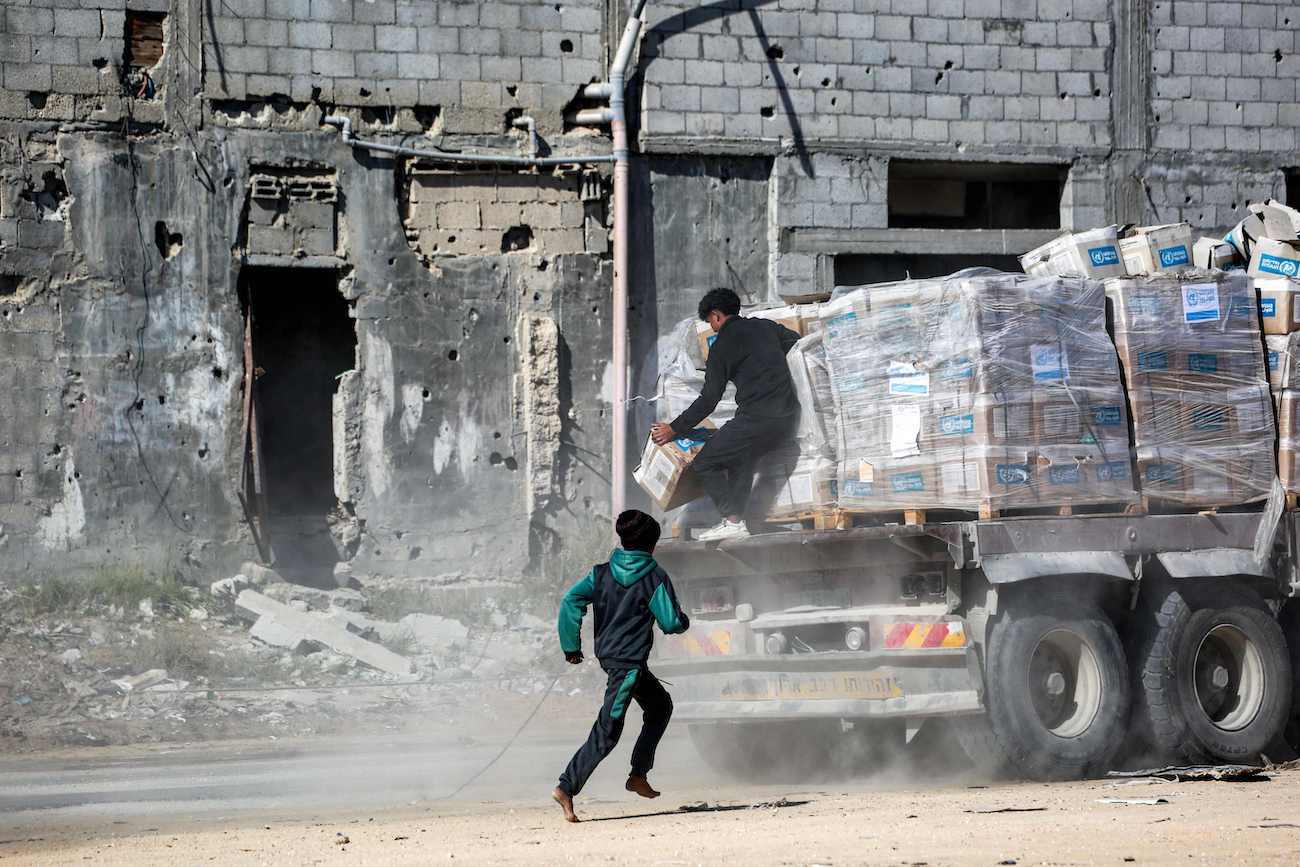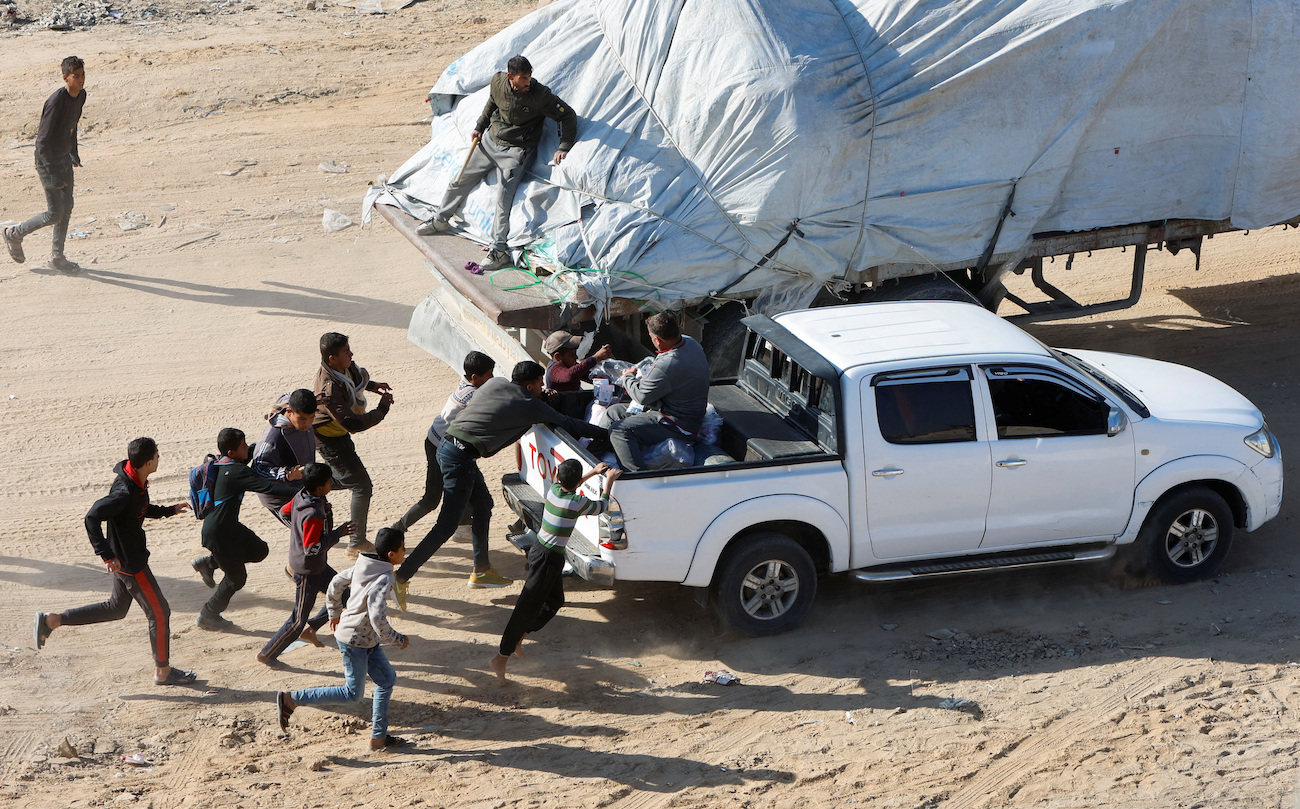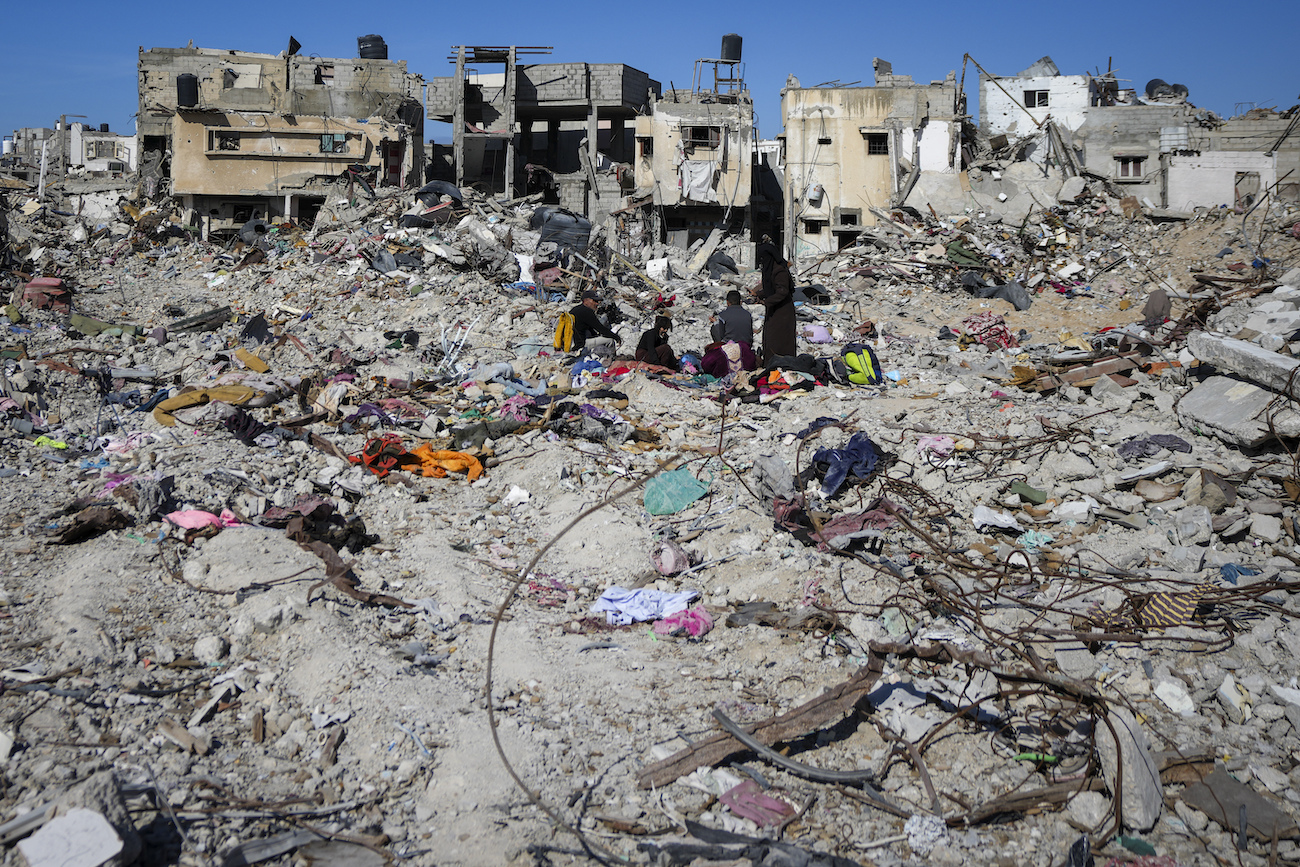JERUSALEM: Hamas led other Palestinian armed groups in committing hundreds of war crimes in the surprise October 7 attack on Israel that set off the Gaza war, Human Rights Watch said in a report released Wednesday.
One of the most in-depth international studies on the unprecedented incursion into southern Israel outlined a host of potential war crimes cases.
“It’s impossible for us to put a number on the specific instances,” HRW associate director Belkis Wille told a news conference, adding that “there were obviously hundreds on that day.”
The crimes include “deliberate and indiscriminate attacks against civilians and civilian objects; willful killing of persons in custody; cruel and other inhumane treatment; sexual and gender-based violence; hostage taking; mutilation and despoiling (robbing) of bodies; use of human shields; and pillage and looting,” said the report.
The report focuses on violations of international humanitarian law, rules mostly rooted in the Geneva Conventions for conduct in war.
Although Palestinian Islamist group Hamas is recognized as the orchestrator of the attack, the report lists other armed groups that committed war crimes on October 7, including Palestinian Islamic Jihad.
“The reality is that it really wasn’t civilians from Gaza who perpetrated the worst abuses,” said Wille.
“That was a claim made very early on by Hamas to distance itself from the events, and by Israel to justify its retaliation operation.”
Wille pointed to the “incredibly organized and coordinated nature” of the assault on cities, kibbutz communities, and military bases around Gaza.
“Across many attack sites, fighters fired directly at civilians, often at close range, as they tried to flee, and at people who happened to be driving vehicles in the area,” said the report.
“They hurled grenades and shot into safe rooms and other shelters and fired rocket-propelled grenades at homes.
“They set some houses on fire, burning and suffocating people to death, and forcing out others who they then captured or killed.”
HRW said it “found evidence of acts of sexual and gender-based violence by fighters including forced nudity, and the posting without consent of sexualized images on social media.”
The report quoted a team of the UN special representative on sexual violence in conflict who said they interviewed people “who reported witnessing rape and other sexual violence” including “rape and gang rape, in at least three locations.”
But it said the full extent of sexual and gender-based violence “will likely never be fully known” as victims had died, or stigma would stop them talking out, or Israeli first responders “largely” did not collect relevant evidence.
The attack resulted in the deaths of 1,195 people, mostly civilians, according to an AFP tally based on Israeli figures.
The militants seized 251 hostages, 116 of whom remain in Gaza including 42 the military says are dead.
Israel responded with a military offensive that has killed at least 38,664 people in Gaza, also mostly civilians, according to data provided by the Gaza health ministry.
Israeli Prime Minister Benjamin Netanyahu has vowed to destroy Hamas and bring back all hostages.
The report only covered the events of October 7, not the subsequent war.
The International Criminal Court chief prosecutor has asked court judges to issue arrest warrants against Hamas leaders including its political leader Ismail Haniyeh and Gaza leader Yahya Sinwar for war crimes and crimes against humanity.
The prosecutor has also sought warrants against Netanyahu and his defense minister, Yoav Gallant, on charges ranging from “starvation of civilians” to “extermination and/or murder” as crimes against humanity.
Hundreds of war crimes committed in October 7 attack: HRW
https://arab.news/6n9hh
Hundreds of war crimes committed in October 7 attack: HRW

- HRW report: ‘It is impossible for us to put a number on the specific instances’
- The October 7 attack resulted in the deaths of 1,195 people, mostly civilians
































